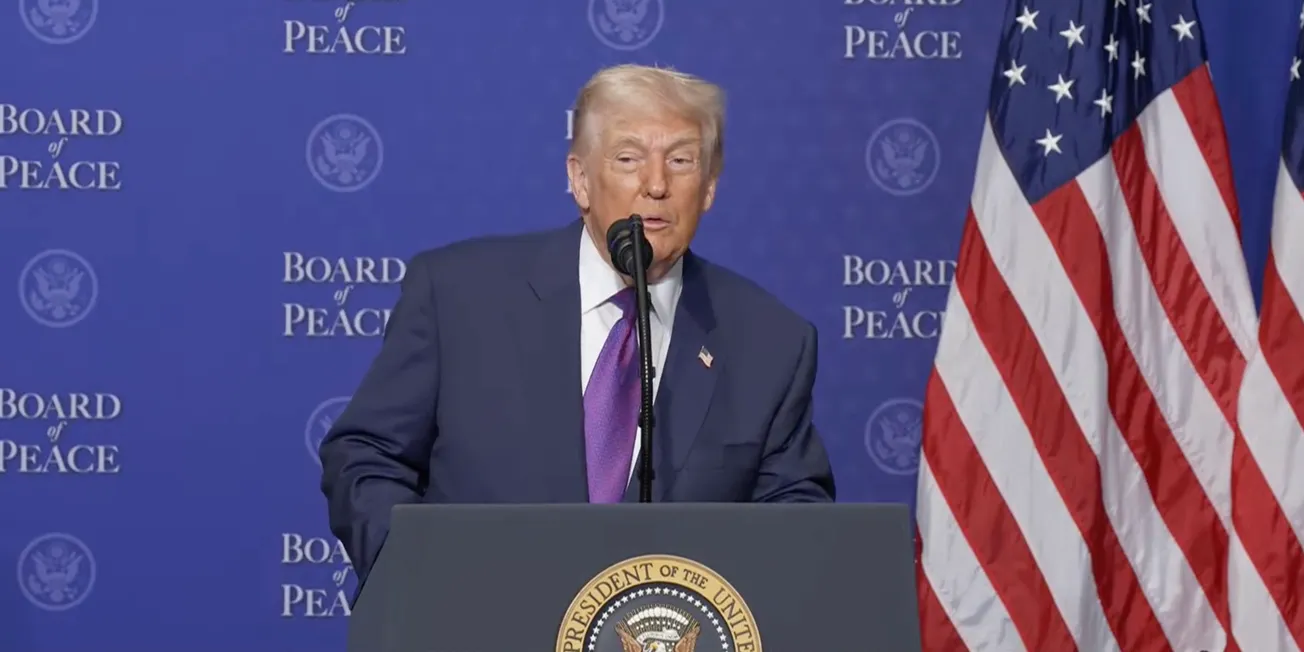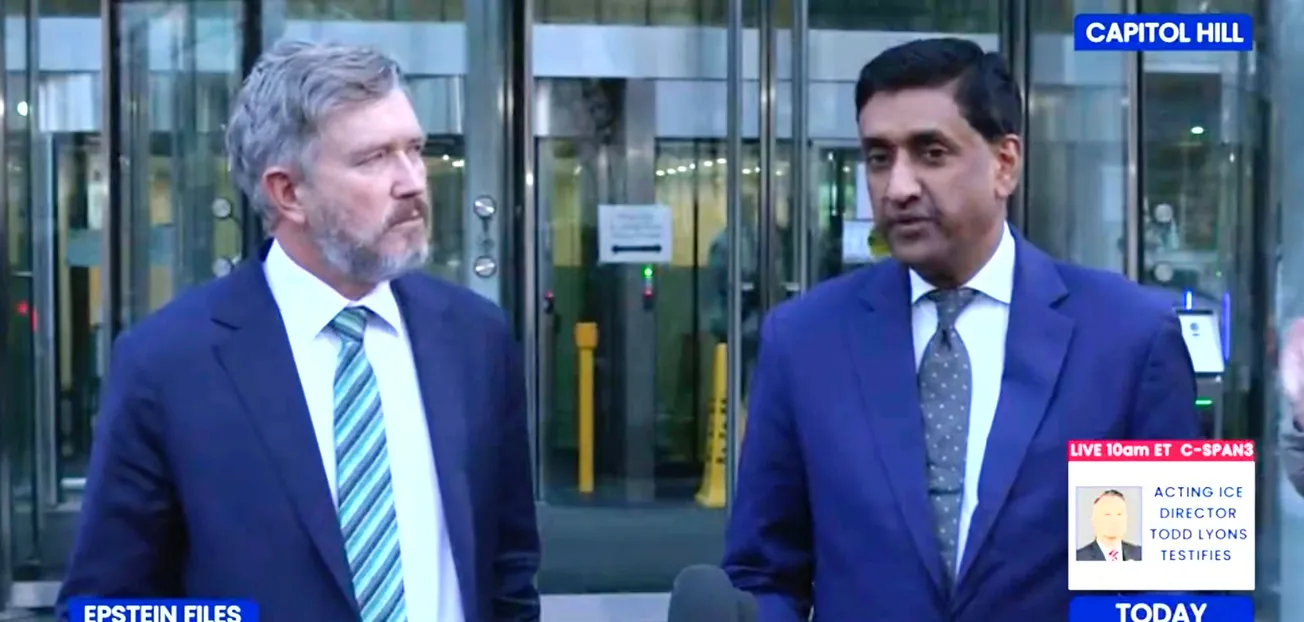According to its sponsors, the primary intent of H. Res. 831, the non-binding resolution passed last week by the House of Representatives expressing “unequivocal support” for NATO, was to throw the weight of the U.S. Congress behind their proposal for NATO to establish a “Center for Democratic Resilience,” in time for an upcoming NATO Parliamentary Assembly to be held in Athens, Greece. Democratic Congressman Gerry Connolly (VA), the current President of the NATO Parliamentary Assembly (PA), and Republican Congressman Michael Turner (OH), a former NATO PA President, included in their resolution the demand that such a center be set up at NATO headquarters. Only 63 Republicans voted against the resolution; everybody else went along with the tide.
So what is this “Democratic Resilience Center” all about? Connolly explained in his April 5 press release celebrating passage of the resolution, that NATO needs to “operationalize” its commitment to “democracy.” Since NATO has no formal means right now to enforce that, he argues, it needs a division or unit dedicated to democracy, such as it has for other “security challenges” like collective defense, terrorism, hybrid warfare, cyber, climate change, etc. Connolly first proposed this in 2019, and in 2020 the independent Group of Experts on NATO recommended in its report to the NATO Secretary General that it be created.
The idea is clearly to create a NATO structure to police governments in the name of “democracy,” unifying NATO military functions with the deployment of “democracy” NGOs.
The stated objectives of the proposed “Center for Democratic Resilience,” according to Connolly, will be “monitoring and identifying challenges to democracy, human rights, and the rule of law among member, partner, and aspirant states….; to provide constructive attention to threats to democratic principles, such as erosions in judicial independence or the undermining of civilian oversight of the military, and, when requested [hah!], make remedial recommendations;” and “partner with democracy promotion organizations to assist governments to develop laws, policies, and institutions to prevent and combat corruption, improve election integrity, and other governance challenges that undermine democracy and make member states vulnerable to external malign influence.” https://connolly.house.gov/news/documentsingle.aspx?DocumentID=4509








